Growth & Customers
How UK businesses are navigating a post-pandemic world
As businesses adapt to life post-Covid, two entrepreneurs share their views and takeaways on working in a new business climate.
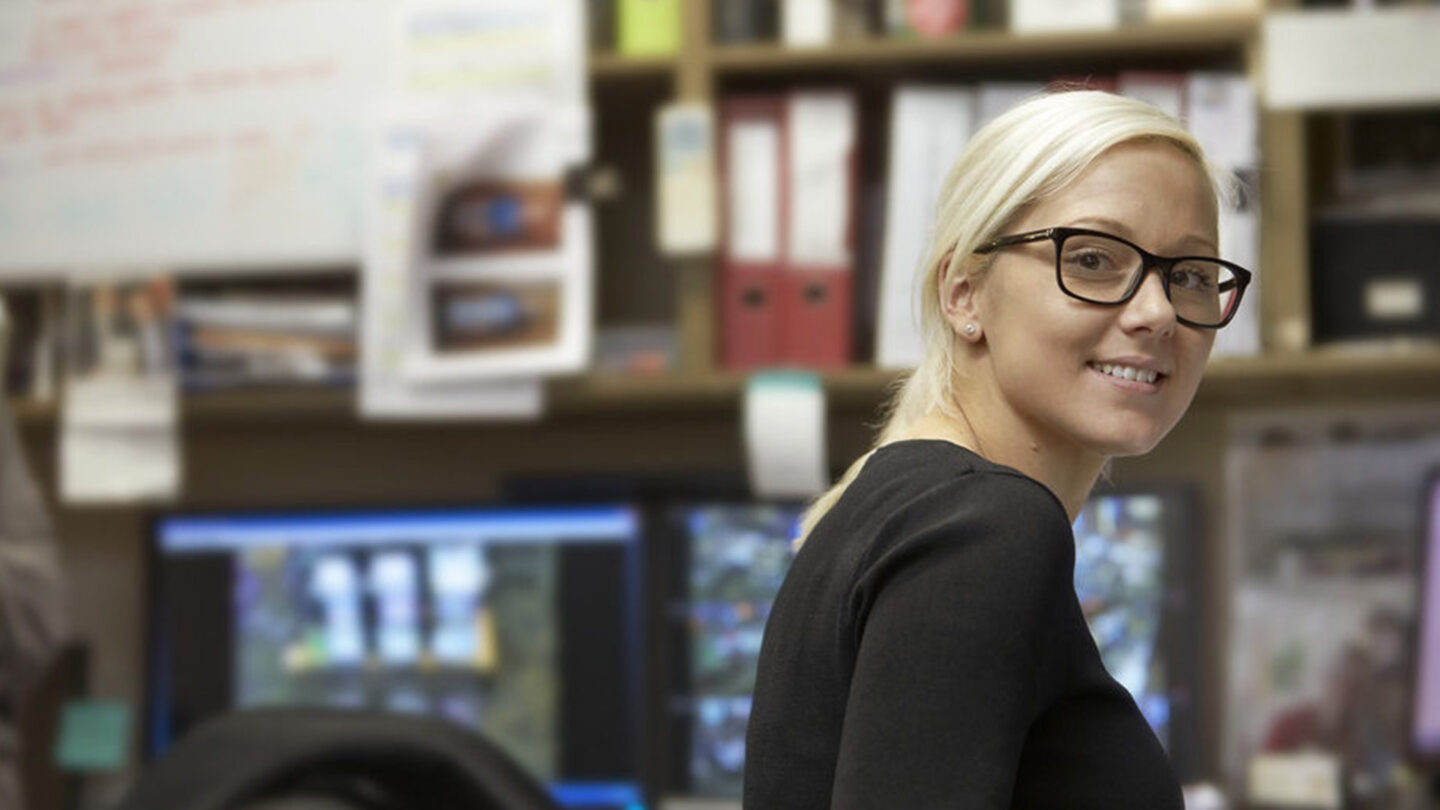
UK businesses are emerging from the pandemic toughened up and ready to face the future, according to Small business, big opportunity?, a new report from Sage.
In this article, Natalie Glaze, founder of Stay Wild Swim and ByGlaze, and Bobby Lane, founder of Factotum, share their thoughts on the findings.
They also reveal how they dealt with challenges brought about by Covid, and share their key takeaways as entrepreneurs navigating a whole new business climate.
Natalie Glaze, founder of Stay Wild Swim and ByGlaze
“As the owner of two small businesses, I can confirm the findings from Sage that British businesses have emerged from the pandemic, toughened up and ready to face the future.
“The pandemic brought about a huge shift in consumer mindset towards their buying.
“There was a huge shift towards supporting small businesses as well as sustainable companies and products.
“Although the last few years have been very hard for all businesses, there have been many amazing learnings, growth, and changes to the way I run my businesses which I am very grateful for.”
“How did the pandemic change the way I ran both my businesses?”
“I would say the key thing for Stay Wild is that we used the last two years to diversify our business.
“We have always been reactive as a company and with the pandemic, we wanted to be able to future proof our brand and make sure we were not wholly reliant on holidays/travel and warm weather.
“We spent last year researching and developing a new product range, which is a complete pivot for the business and allowed us to expand our audience and product offering.
“After speaking with many other small businesses, I know how many spent time and effort pivoting their offerings, future proofing their businesses to survive anything.
“With Stay Wild, we worked on a collection that took us from being a seasonal good weather brand to a brand that can be worn every day.
“We launched this collection on a pre-order model and it was our biggest, most successful launch to date.
“We also as a company brought in pre-orders as a new way of launching anything new. It enables us to understand our audiences’ buying behaviours and minimise waste even more.
“Pre-orders also allow us to be reactive to the ever-changing environment that was last year.
“I think the key things that helped us as business were that we have always had flexible working without huge overheads, a reactive business model, and expanded our home shoots. This allowed us to evolve quickly and keep costs down.”
“The pandemic taught us the value of our community”
“Social media and our audience on there have always been a crucial part of our business from the offset, and the last few years have reinforced the value of building a strong, engaged community and asking for their opinions and feedback.
“We have always believed that our audience knows best. They are the ones buying our products, so getting them involved only makes sense.
“During the pandemic we continued to listen, to engage, to ask them questions. It was a hard time for everyone, and we wanted to make sure our audience felt heard and supported by us.
“We asked lots of questions about what they wanted to see from the brand next, and they helped us inform so many decisions last year and going forward.”
“The pandemic forced me to be more creative”
“The pandemic definitely also forced me to be more creative. It made me think outside the box.
“There were no wrong or right ways to do things, and creativity and being agile is what made brands survive. For example, we ended up launching all our new colourways last year for our pieces using only illustrations.
“This was a safe, carbon neutral way of showcasing new colours, but it also enabled us to work with young creatives.
“It ended up being our most successful launch at that point in time. And although we cancelled our new design launches, our business still grew a huge amount and every launch sold out within an hour.”
“Support for local businesses is great to see”
“The support for our brand was overwhelming. There was noticeable rallying around small sustainable businesses.
“We have seen a huge shift in mindset from our audience. There has been a definite shift to supporting the local economy, supporting local businesses at a time where there is a lot of uncertainty.
“Customers also have noticeably wanted to be more conscious with their purchases, and in turn our businesses grew and grew.
“We have been given faith that people believe in what we are doing, and sustainable businesses are the future.”
Bobby Lane, founder of Factotum
“The Small business, big opportunity? report suggests that 10% of businesses are still at risk of going out of business.
“Therefore, flexibility within business overheads is not an option but a must-have.
“With 23% suggesting rising costs as the biggest risk to their business, ability to outsource non-core areas, reduce office space and focus on reducing fixed costs has been and will remain a key to survival.”
“Hiring is on the cards – but so is wage inflation”
“The survey found that 43% of businesses expect to hire more people over the coming year. This is encouraging to hear, but needs to be set against the ability of those businesses to find and hire that talent.
“I have spoken to many potential employers over the last six months who have experienced huge wage inflation.
“Potential recruits have been using job offers to increase their existing salary and stay put, making it difficult for small and medium businesses [SMBs] to hire within their budgets.
“The changing demands of potential employees has also added pressure on SMBs to introduce flexibility with demands for hybrid-working patterns or simply a desire not to attend the office.
“SMBs will have to learn new ways to build culture, train and retain staff.
“The survey clearly demonstrates that the pandemic allowed business owners to reassess, realign and restart with a different perspective.
“The ability to push the reset button has also led to the education of entrepreneurs on the importance of forecasting, retaining cash in the business and planning for unexpected events.
“The introduction of new technology to help with the financial analysis of the business has been critical to the successful navigation of the pandemic for many SMBs.”
Small and medium businesses are leading the way
UK business confidence remains strong, despite – and even because of – ongoing pandemic pressures.
Here’s what Natalie and Bobby have to say on the matter.
Natalie: “I always try to be optimistic, and although of course the economy has been hit hard by the last two years.
“I have hope for the future. I have seen a huge shift in focus among consumers towards sustainability and being more mindful of their consumption and the brands they invest in.
“I have hope for a future which cares about our planet, our garment workers, our oceans, and consumers who choose to invest in brands that are conscious and putting the planet and the people first.”
Bobby: “The Small business, big opportunity? report does provide some encouraging statistics, with 68% saying they feel confident about the future.
“However, should the challenges identified around areas such as increasing costs and staff shortages continue this, confidence may well be short lived.”
“We need to make sure that the businesses at the core of the UK economy are given the right resources and support to survive and thrive in the year ahead. If we leave small and mid-sized businesses behind, we put our economic recovery at significant risk.”
Steve Hare, Sage Group CEO
Natalie: “Small and medium-sized businesses are the future. They are leading the way.
“They are agile and creative and changing the rules of how traditional businesses are run.
“At Stay Wild, we hope to pave the way for more emerging entrepreneurs of conscious brands, showing that using an alternative slow fashion model, sustainable materials and local production is not only possible but can be successful.
“I think having fresh perspectives and being young and agile as a brand has helped us massively.
“We started the business with the goal of changing the fashion industry from the inside out, showing future emerging brands that you can create something beautiful and wearable that doesn’t compromise on sustainability.”
Bobby: “With 43% of businesses relying on external financial support over the past 12 months, unless business returns to pre-pandemic levels of cash generation and profitability, there may be trouble ahead.
“The perfect storm of increased costs, potential reduction in consumer spending, and the debt repayments for pandemic borrowing will be catastrophic without further government support.
“Introducing an increase to National Insurance for employers already struggling is not overly helpful.
“The government must look at how to support our SMBs, which have always been the key to the success of the UK economy.”
Final thoughts
For both Natalie and Bobby, the Small business, big opportunity? report highlights just how important flexibility, creativity, adaptability, and community are post-pandemic.
Read more about our latest research, and try our interactive tool for yourself to find out more about how to help your business thrive during challenging times.
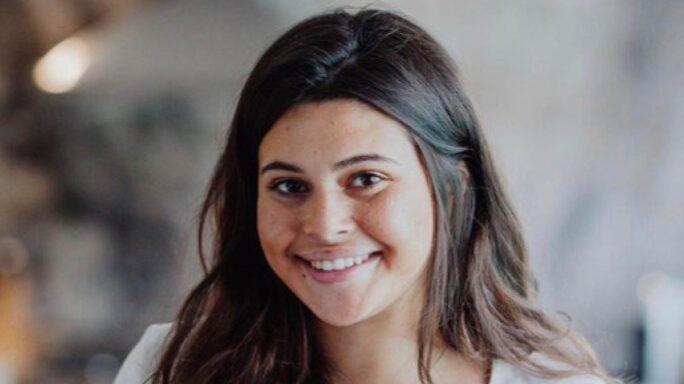
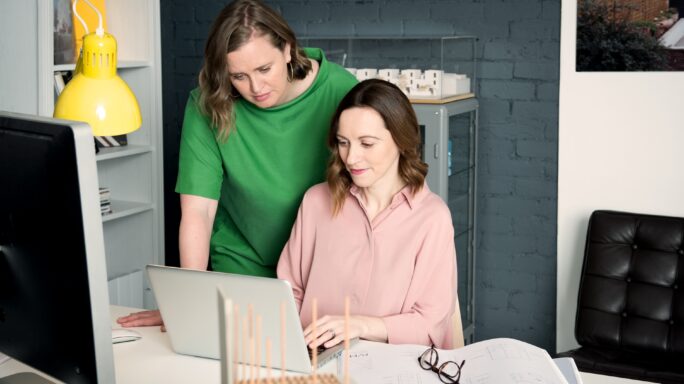

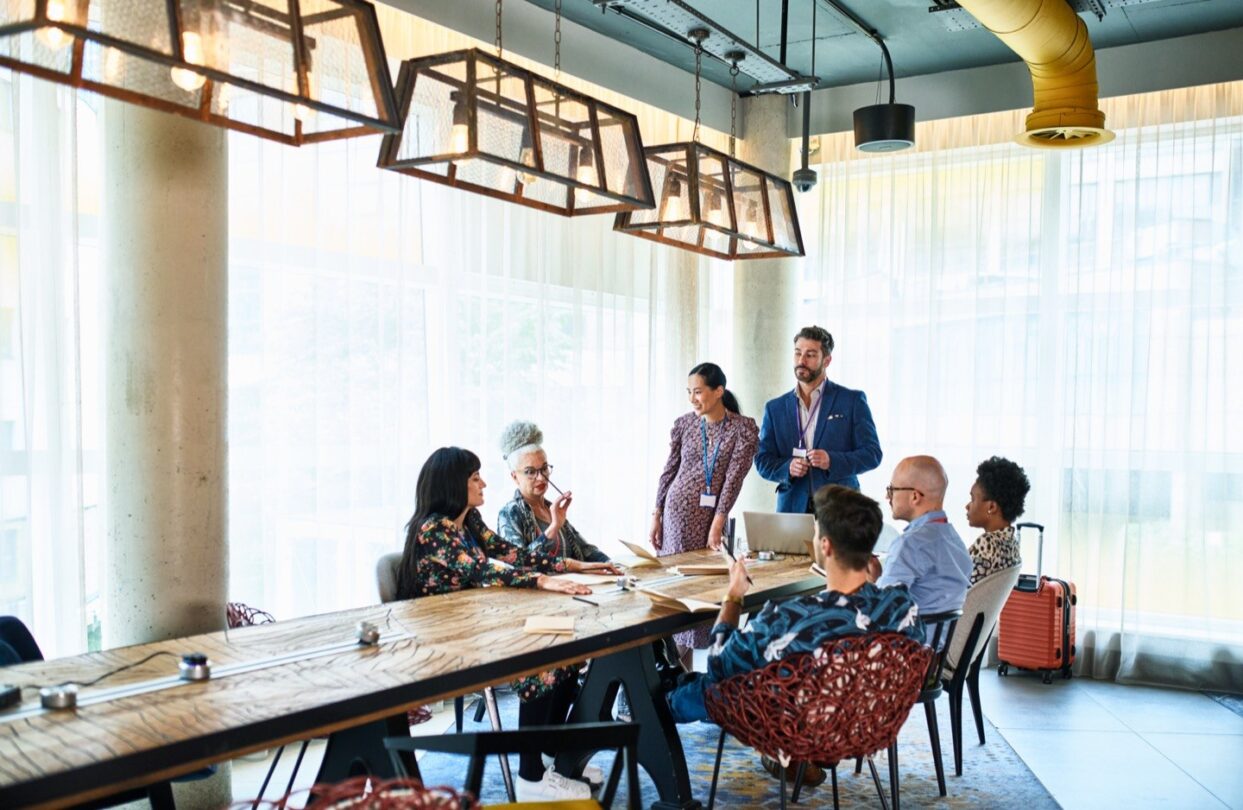

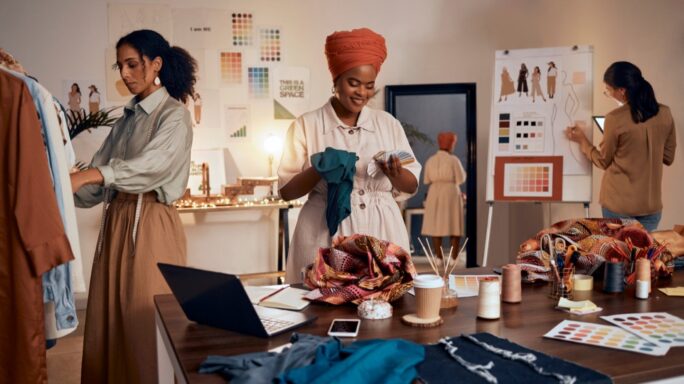

Ask the author a question or share your advice